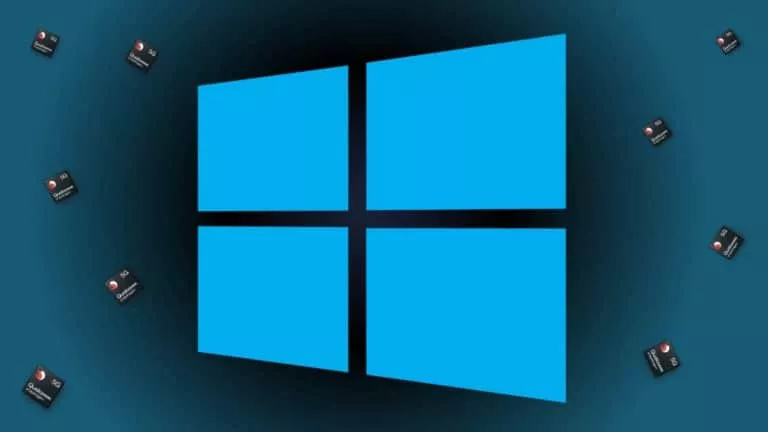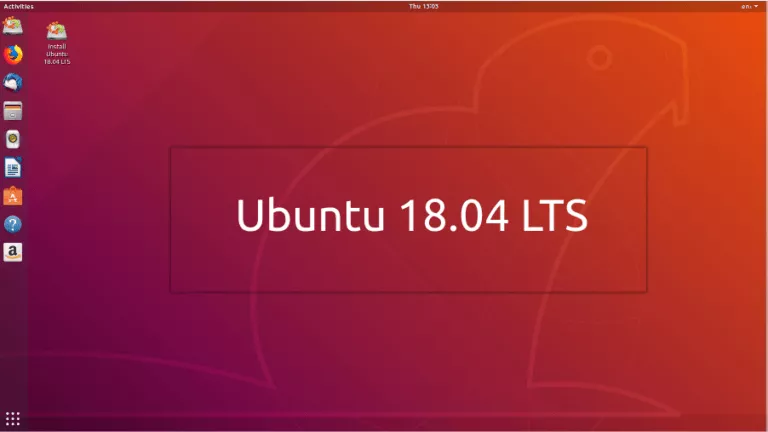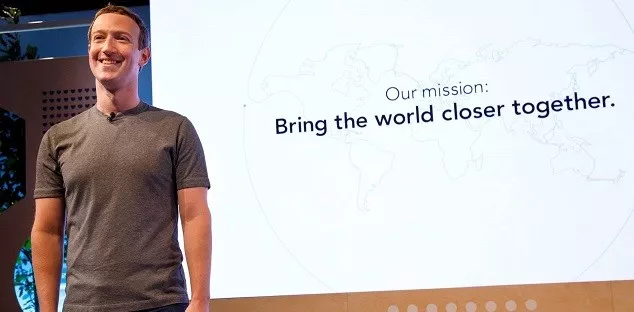Will The Plan To Break Up Facebook Work? Even Zuckerberg Is Confused!
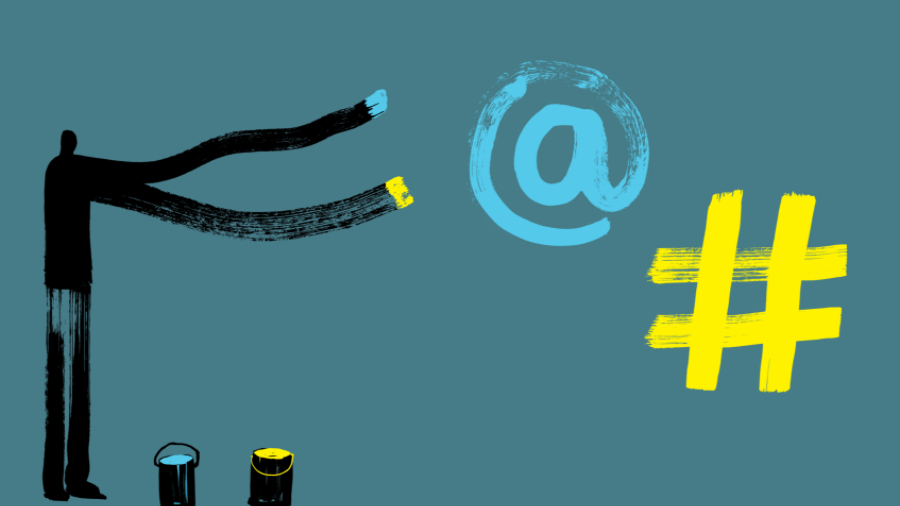
Facebook co-Founder Chris Hughes wants his former company to break up. He, like many skeptics of big tech, including Senator Elizabeth Warren, is sure that Mark Zuckerberg — Facebook’s CEO — has too much power for one man.
Chris and Elizabeth are in favor of an anti-trust fix. This translates to the formation of a dedicated Regulatory body to make laws under the entire social media site, most of which is controlled by Facebook.
On the other hand, Mark wants and is hopefully working on a technical fix to the incredibly complex problems of fake news, AI bias and the impact of irresponsible handling of technology which has given birth to scenarios like Cambridge Analytica.
In a QUARTZ feature article, Maciej Kuziemski, Nina Frahm and Kasper Schioelin argue that none of the above methods will work. They are rallying for the advent of politics around technology, which treats people as citizens as someone with socio-economic rights and not just consumers.
Will any of these plans work? Let’s see what we do know first.
Break Up Facebook: Why Anti-Trust Fix Is Futile
Elizabeth Warren And Facebook Co-Founder Chris Hughes are suggesting the breakup of Facebook and the establishment of a regulatory body. Their argument relies on several steps.
The most important one involves breaking Facebook. Both campaigners argue that by letting Instagram and WhatsApp go free from Facebook’s grasp will allow good and healthy capitalism to prosper in the social media industry.
Chris Hughes is right. Today’s big tech companies have too much power—over our economy, our society, & our democracy. They’ve bulldozed competition, used our private info for profit, hurt small businesses & stifled innovation. It's time to #BreakUpBigTech. https://t.co/rZMftEwlkN
— Elizabeth Warren (@ewarren) May 9, 2019
Chris backs this argument by mentioning how no other big social media platform has emerged since 2011. Facebook has become so big that it either buys off its competitors or just copies their unique features, making them obsolete in the process.
This could be avoided by a new form of regulatory body built around the foundations of a free and open internet. It might sound good, but the problem with the regulatory body is that they’re only as useful as the number of public protests they can encounter in their lifetime.
The most recent example of Ethiopian Airline Crash was caused due to a number of mistakes from Boeing’s product development team and the Federal Aviation Administration. The company made a faulty plane and the FAA rushed to approve it, causing several people to lose their lives.
The root of this problem is the immense competition between Boeing and Airbus, the two biggest plane manufacturers in the world. Boeing wanted to grab a bigger market share so badly that it ended up destroying lives.
If Elizabeth and Chris argue that Instagram could become huge after splitting from Facebook, then the platform could also become susceptible to an unforgiving competition which could hurt people more in real life than it does now.
By keeping Instagram away from the competition, at least it is not susceptible to stooping lower than Facebook in terms of shady business practices.
Why a Technical Fix Won’t Work Either
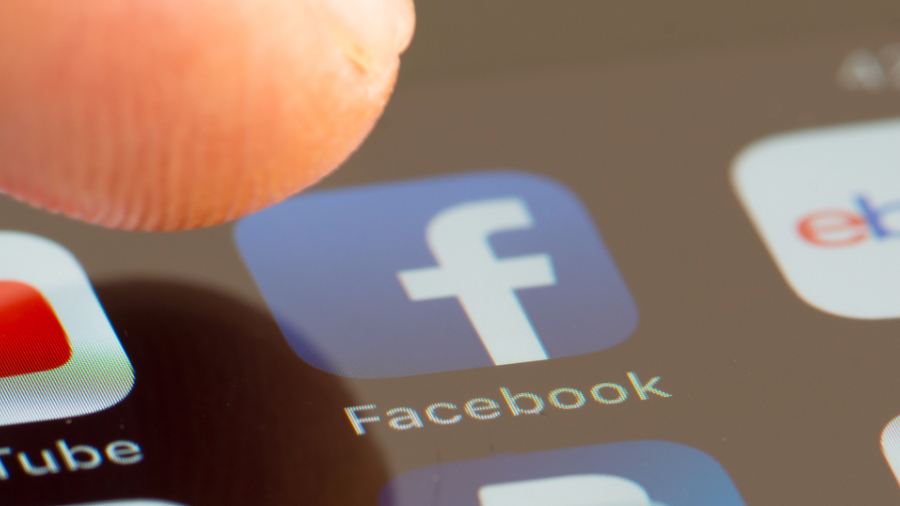
Mark Zuckerberg believes that the current polarised political environment can be fixed simply by algorithms. To him, every social issue exists because people aren’t being shown the right sponsored ads or aren’t being recommended to the right groups to join.
I don’t know whether he’s right or not but I do know that there’s more to the problem. The technical fix won’t work because even though Facebook has less competition, it does have competition.
In the New York Times op-ed, Chris said: “I often hear people say, ‘I am shutting down my Facebook account. Thank god for Instagram.’ Not realizing that Instagram is owned by Facebook.”
Let’s take this one step further, suppose that the said user migrated to Twitter and ultimately left Facebook’s influence. Would that work then? Not exactly.
Twitter is similarly or even more polarised than Facebook, leaving people to question why they left Facebook in the first place?
And because there is market competition, there will always be an incentive for companies to provide platforms for polarising conversations. Totally unregulated platforms like 4Chan and 8Chan are a breeding ground for Nazi sympathizers, White Supremacists and almost everything that can land you in jail.
People also argue that banning hate in the mainstream media pushes it underground.
“I think we all want to live in a country where David can Take on Goliath”, this sentence from Chris is what everyone agrees on. However, there is no one shot fix of any kind to prevent what’s happening.
It used to be that if people didn’t know what would work they at least they had an idea of what wouldn’t work. However, in this political climate, we only partly know what would work and partly what wouldn’t, which in my opinion sounds scarier than knowing nothing at all.
Also Read: Facebook F8 Developer Conference: Every Important Update Explained



